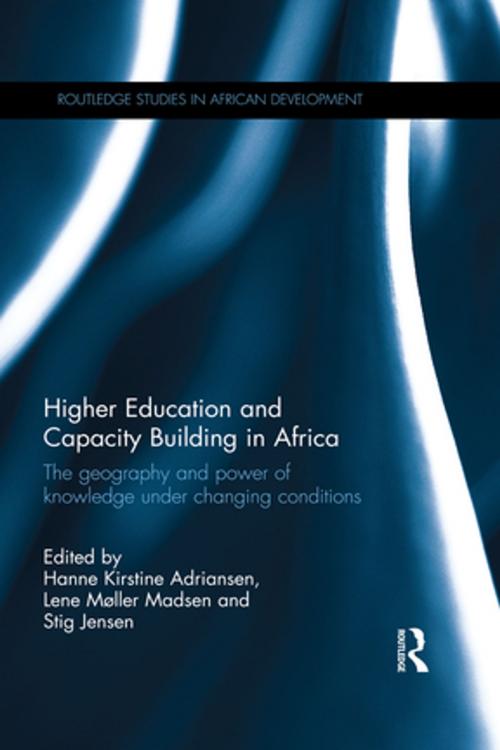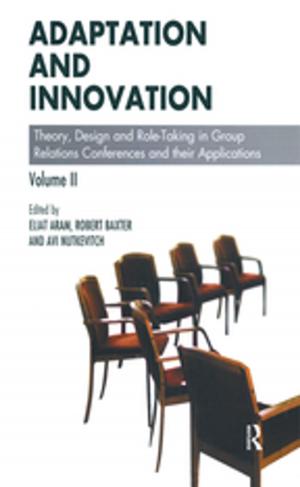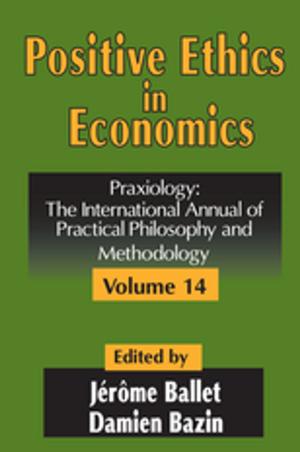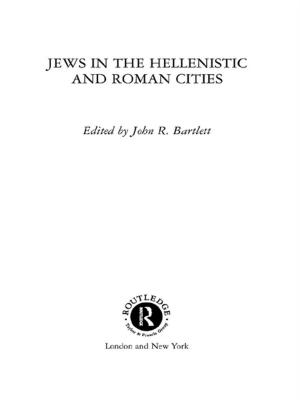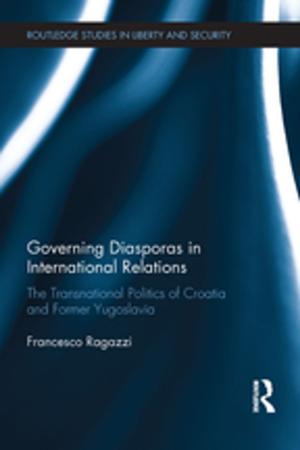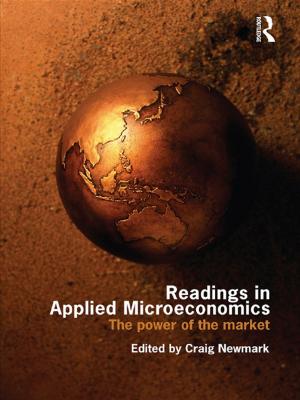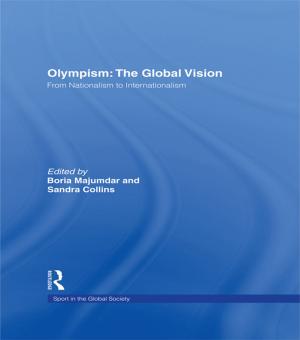Higher Education and Capacity Building in Africa
The geography and power of knowledge under changing conditions
Business & Finance, Economics, Sustainable Development, Nonfiction, Social & Cultural Studies, Political Science, Government, Public Policy, Social Science| Author: | ISBN: | 9781317561521 | |
| Publisher: | Taylor and Francis | Publication: | November 6, 2015 |
| Imprint: | Routledge | Language: | English |
| Author: | |
| ISBN: | 9781317561521 |
| Publisher: | Taylor and Francis |
| Publication: | November 6, 2015 |
| Imprint: | Routledge |
| Language: | English |
Higher education has recently been recognized as a key driver for societal growth in the Global South and capacity building of African universities is now widely included in donor policies. The question is; how do capacity building projects affect African universities, researchers and students? Universities and their scientific knowledges are often seen to have universal qualities; therefore, capacity building may appear straight forward.
Higher Education and Capacity Building in Africa contests such universalistic notions. Inspired by ideas about the ‘geography of scientific knowledge’ it explores what role specific places and relationships have in knowledge production, and analyses how cultural experiences are included and excluded in teaching and research. Thus, the different chapters show how what constitutes legitimate scientific knowledge is negotiated and contested. In doing so, the chapters draw on discussions about the hegemony of Western thought in education and knowledge production. The authors’ own experiences with higher education capacity building and knowledge production are discussed and used to contribute to the reflexive turn and rise of auto-ethnography.
This book is a valuable resource for researchers and postgraduate students in education, development studies, African studies and human geography, as well as anthropology and history.
Higher education has recently been recognized as a key driver for societal growth in the Global South and capacity building of African universities is now widely included in donor policies. The question is; how do capacity building projects affect African universities, researchers and students? Universities and their scientific knowledges are often seen to have universal qualities; therefore, capacity building may appear straight forward.
Higher Education and Capacity Building in Africa contests such universalistic notions. Inspired by ideas about the ‘geography of scientific knowledge’ it explores what role specific places and relationships have in knowledge production, and analyses how cultural experiences are included and excluded in teaching and research. Thus, the different chapters show how what constitutes legitimate scientific knowledge is negotiated and contested. In doing so, the chapters draw on discussions about the hegemony of Western thought in education and knowledge production. The authors’ own experiences with higher education capacity building and knowledge production are discussed and used to contribute to the reflexive turn and rise of auto-ethnography.
This book is a valuable resource for researchers and postgraduate students in education, development studies, African studies and human geography, as well as anthropology and history.
